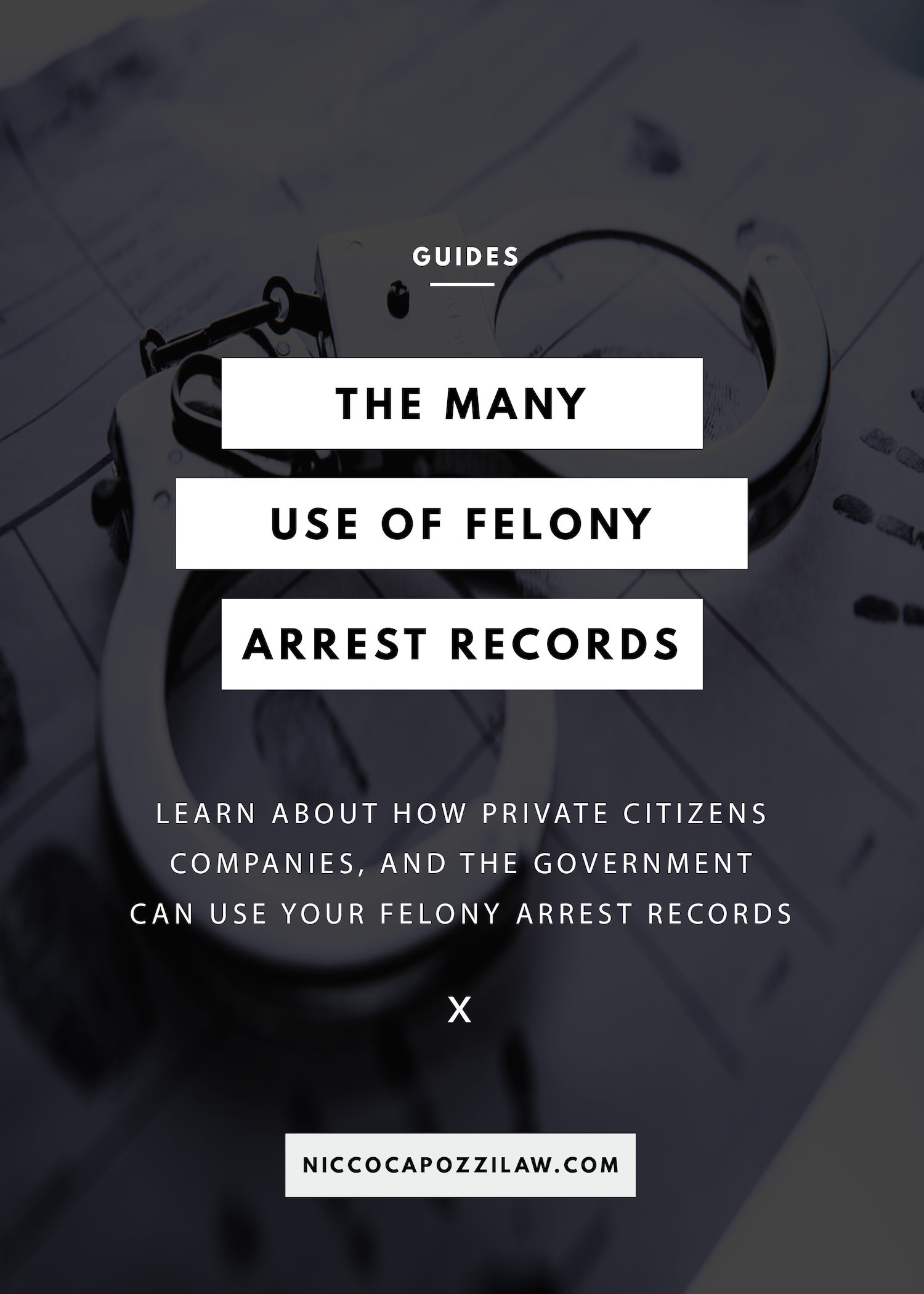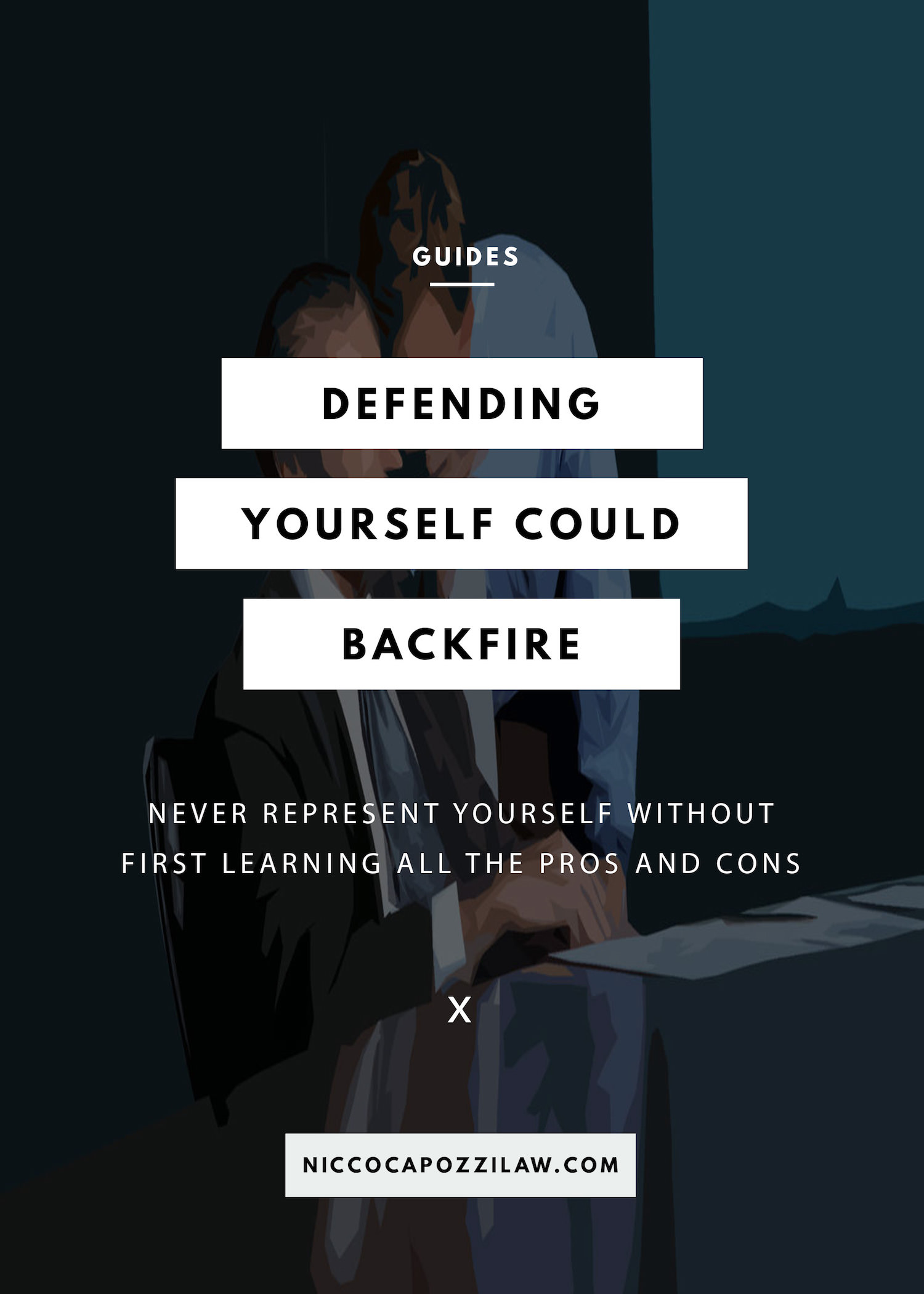Resisting arrest, fleeing from the police, and escaping custody are all separate offenses that apply whether or not you committed the offense police originally suspected you of. For this reason, it's important that you obey any order given by a police officer no matter how wrong you think they are. Failing to do so may quickly result in the police tacking on numerous charges. Here's everything you need to know about those charges.
#1 - Disturbing the Peace
Disturbing the peace is a broad, catch-all type of offense that can include shouting, offensive language, threats, or fighting. It is sometimes also called disrespecting a cop because officers often charge it after they are insulted or don't feel that they were given the full respect that they deserve. Disturbing the peace is a misdemeanor.
#2 - Charges Related to Hiding Evidence
There are several charges related to preventing the police from discovering evidence. Concealing an offense is providing a benefit to another person for their help to prevent a crime from being discovered, their failure to report a crime, their refusal to assist in the prosecution of the crime, or their withholding of evidence. Tampering with physical evidence is destroying, hiding, altering, or fabricating evidence with the intent to hinder an investigation or prosecution. The severity of each offense depends on the level of crime supported by the affected evidence.
#3 - Charges Related to Flight
Fleeing from authorities is also covered by several crimes. Failing to stop for a police officer when signaled to do so is a misdemeanor. Continuing to flee from a police officer, in a car or on foot, after repeated instructions can be charged as resisting arrest. Physically resisting arrest, using violence to prevent an arrest, or threatening violence to prevent an arrest may also be considered resisting arrest. Depending on the level of resistance and the original reason for the arrest or stop, resisting arrest may bring felony charges. Taking a police officer or corrections officer's weapon during the course of resisting arrest is a separate felony.
A person who is already in custody who flees or attempts to flee may be charged with escape. This can be either a felony or misdemeanor depending on what crime they were in custody for, whether violence was used in the escape, and whether they are in police custody, a county jail, or a state prison.
#4 - Helping Another Person Resist or Flee
Aiding another person avoid prosecution or flee arrest can also result in several charges. Hindering prosecution includes hiding a suspect, warning them of impending apprehension, providing them with money, weapons, transportation, or other material assistance, or obstructs someone attempting to apprehend that person. Hindering a prosecution is either a felony or misdemeanor depending on whether the person aided committed a felony or misdemeanor. A person who witnesses a crime who refuses to give their name and address to police or who gives a false name can be charged with a separate misdemeanor.
A person who physically prevents or interferes with an arrest can be charged with resisting or interfering with arrest. This is also either a felony or misdemeanor depending on the crime committed by the person assisted or whether any violence was used. Helping someone who is already in custody escape is a felony if they are in custody on a felony or if violence was used and is otherwise a misdemeanor.
#5 - Defending Resisting and Fleeing Charges
Charges of resisting or fleeing arrest can be highly subjective. Defense attorneys, judges, and prosecutors are all well aware that a single profanity directed at a police officer can be at times be enough for the officer to charge a number of felonies. Even well-meaning officers may make charges following an altercation that don't match what happened or may misinterpret failing to notice a police car's lights as active flight.
Given today's technology, the majority of these incidents are captured by police dash cams, nearby surveillance cameras, or witness cell phones. Traditional evidence such as eyewitness testimony and medical reports are also routinely available. The bottom line is that it is often just as easy to disprove these types of allegations as it was for a police officer to make them. To learn more about possible defenses in your case, contact a criminal defense attorney today.







